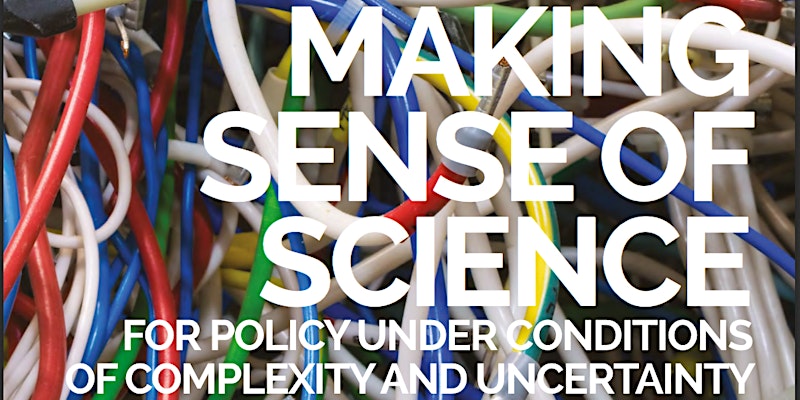Introduction to UK Parliament for Scientists
- Date: Tuesday, 11 February 2020 17:30-19:00
- Location: 8 Mill Lane, Lecture Room 5
- Speaker: Sky Yarlett
What does the UK Parliament do? How can scientists engage with Parliamentary themes?
A lot of scientific research has policy impact. The UK Parliament is the main policy-making body in this country. Come to our event to learn more about how scientific insight is implemented in Parliament. The main topics of the workshop will include current themes discussed by the Parliamentary Office for Science and Technology (POST). The workshop is open to both UK and international students with an interest in scientific research with a policy impact.
The workshop will be led by the invited parliamentary officer:
Sky Yarlett – Senior Education and Engagement Officer, UK Parliament
Sky’s role includes raising awareness of Parliament’s activities and promoting higher engagement from different groups, particularly hard-to-reach ones, such as BAME, women, unemployed or low-income groups. Sky has a degree in Contemporary Media Practice from the University of Westminster and her professional experience includes running different student or LGBTQ+ campaigns and promoting student representation at different levels.




